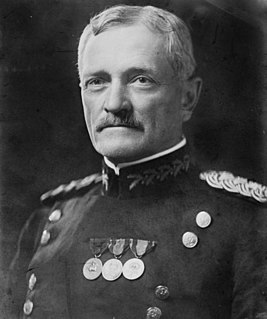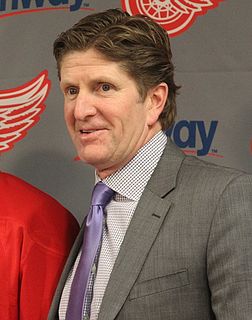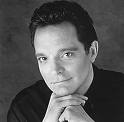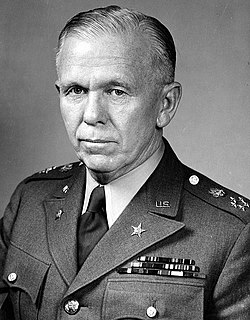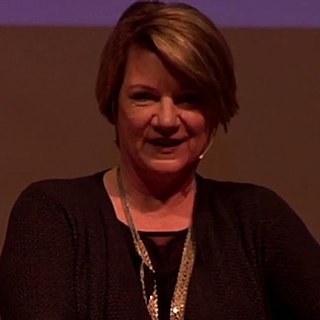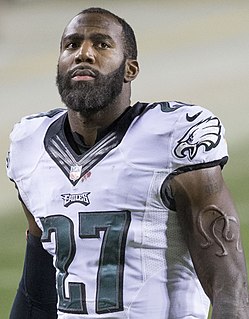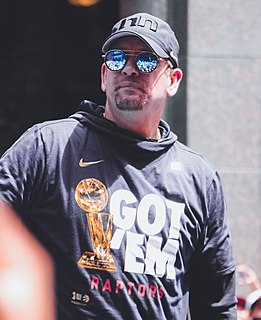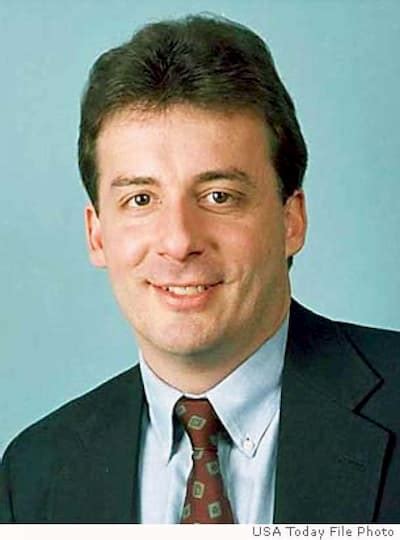A Quote by Jessica Lynch
I know that I'm already in the history books and that people are going to remember me as the prisoner of war and the fabricated stories, but you know, to me I was just another soldier over there doing my job.
Related Quotes
The point I wish to make is that those things cause the soldier to remember that the people at home are behind him. You do not know how much that is going to mean to us who are going abroad. You do not know how much that means to any soldier who is over there carrying the flag for his country. That is the point which should be uppermost in the minds of those who are working for the soldier.
My mom used to tell me stories at night, read books to me - and I read 'em over and over and over again. And you know what I learned from that? I went back and looked at everything - Why do I like reading the same stories over and over and over again? What, was I some kind of nincompoop? No - the narrative gave me connection with my mom.
He told me that once, in the war, he’d come upon a German soldier in the grass with his insides falling out; he was just lying there in agony. The soldier had looked up at Sergeant Leonard, and even though they didn’t speak the same language, they understood each other with just a look. The German lying on the ground; the American standing over him. He put a bullet in the soldier’s head. He didn’t do it with anger, as an enemy, but as a fellow man, one soldier helping another.
I think being honest with one another creates an environment that's comfortable. You want to know where you stand, whether you're doing a good job. The players know what's going on before you do. They're trying to see if you're going to do something about it. And when it's not like that, everybody is pissed off, because they know that people can get away with stuff and that nobody is keeping them in line. That's not a team to me.
There has been considerable comment over the awarding of the Nobel Peace Prize to a soldier. I am afraid this does not seem as remarkable to me as it quite evidently appears to others. I know a great deal of the horrors and tragedies of war. ... The cost of war in human lives is constantly spread before me, written neatly in many ledgers whose columns are gravestones. I am deeply moved to find some means or method of avoiding another calamity of war.
This is one of the take-home messages for me: we just walk around with this narrative in America that everybody wants to be rich and famous. That that’s why people do what they do. And you know, all through these pages you learn over and over again no, actually not even NFL cheerleaders are doing it for fame and fortune. There’s another motivation going on that is so pure and human. That to me was an eye-opener in a really wonderful way.
The age of the book is not over. No way... But maybe the age of some books is over. People say to me sometimes 'Steve, are you ever going to write a straight novel, a serious novel' and by that they mean a novel about college professors who are having impotence problems or something like that. And I have to say those things just don't interest me. Why? I don't know. But it took me about twenty years to get over that question, and not be kind of ashamed about what I do, of the books I write.
The first film that I can remember seeing where, like, I just couldn't stop watching it - and it didn't necessarily make me want to be a director because I was so young, but it made me know that that's what I wanted to be doing - was 'Alien.' And I saw that when I was probably just over 10 years old.


